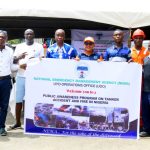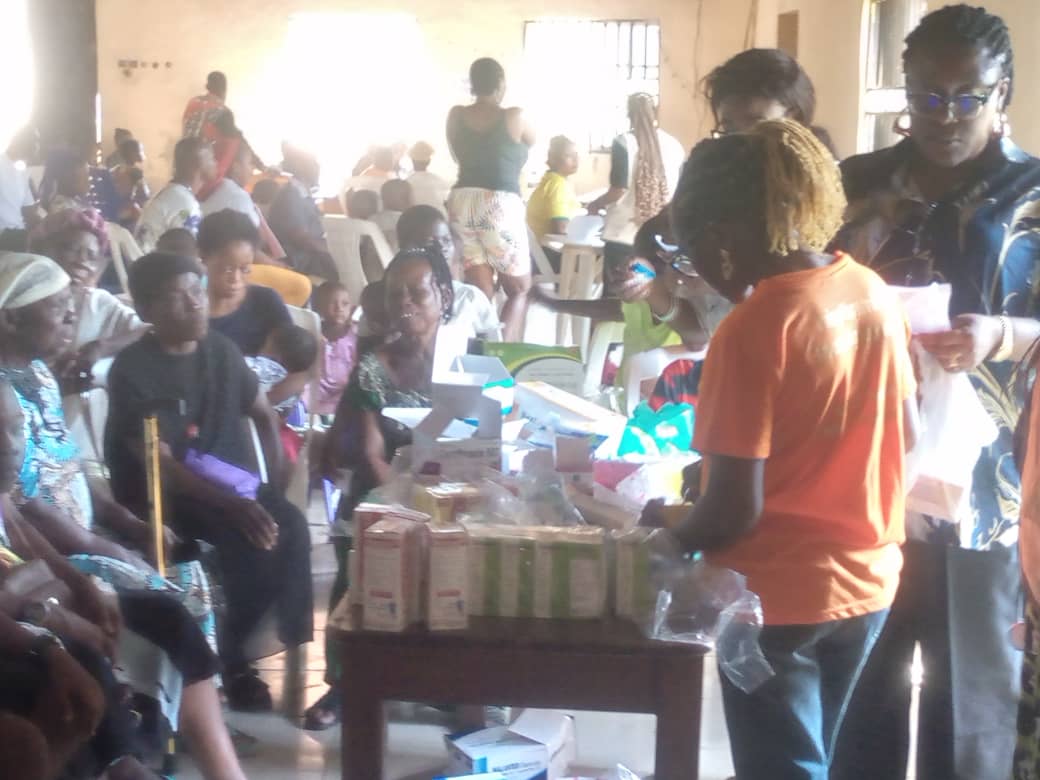By Isaiah Eka
The National Emergency Management Agency (NEMA) says it is taking proactive measures to educate residents on the dangers of scooping petrol from crashed tankers in Akwa Ibom.
Mrs Mmandu Aisueni, the State Head of Operations, NEMA made the remark at a one-day Public Awareness Programme on Tanker Accident and Fire in Uyo on Thursday.
She said that the sensitisation had became imperative in order to prevent tanker-related accidents and fatalities in the state.
“Today’s event is a vital step towards reducing the devastating impact of tanker-related and articulated vehicle disasters in our communities.

“Tanker accidents and fires have become a recurring tragedy in Nigeria, leading to loss of lives, properties, livelihoods and environmental damage,” she said.
Aisueni reminded the people of recent incidents of a fuel tanker explosion in Niger that killed 59 persons and another in Jigawa which claimed over 100 lives.
She warned that scooping petrol from crashed tankers could trigger catastrophic fires, endangering lives and property as it is highly flammable.
According to her, the agency is taking a proactive approach to educate the public on the risks associated with fuel scooping, emphasising that it is both illegal and hazardous.
She identified poor vehicle maintenance, reckless driving, overloading, road infrastructure challenges and lack of public awareness on emergency response as major causes of tanker accidents.

Aisueni emphasised that disaster prevention was a shared responsibility and urged residents to prioritise safety and avoid actions that could endanger lives.
She urged residents of the state to report any tanker accidents or unsafe tanker operations to the authorities immediately for prompt action.
In his remarks, the State Chairman of Nigerian Union of Petroleum and Natural Gas Workers (NUPENG), Mr Joseph Otu expressed delight for the awareness campaign by NEMA.
Otu said that NUPENG had been consistent with the training of its workers.
He added that the organisation had fabricated tankers carrying petroleum products in such a way that prevented leakage if accident occurred. NAN





